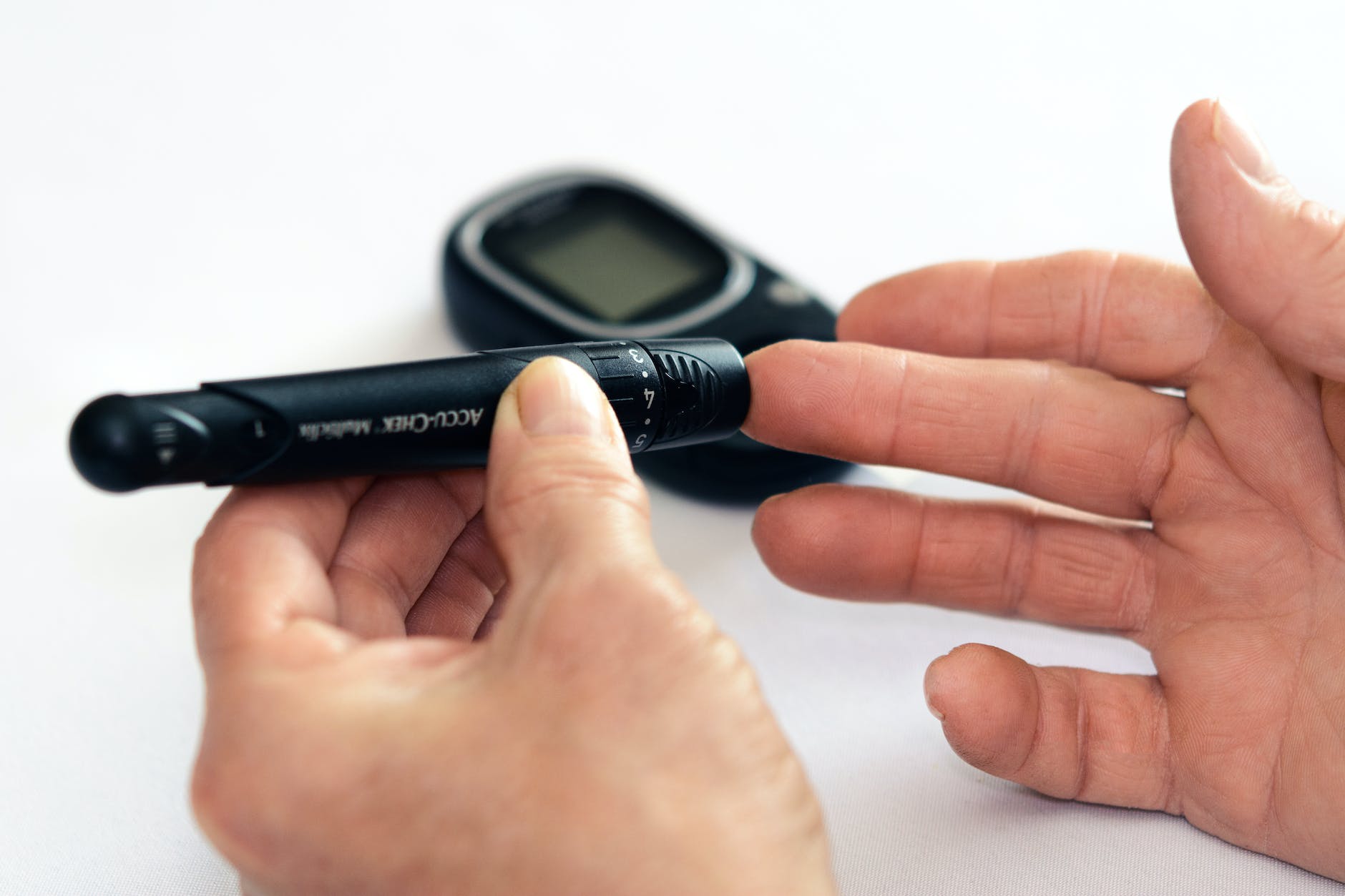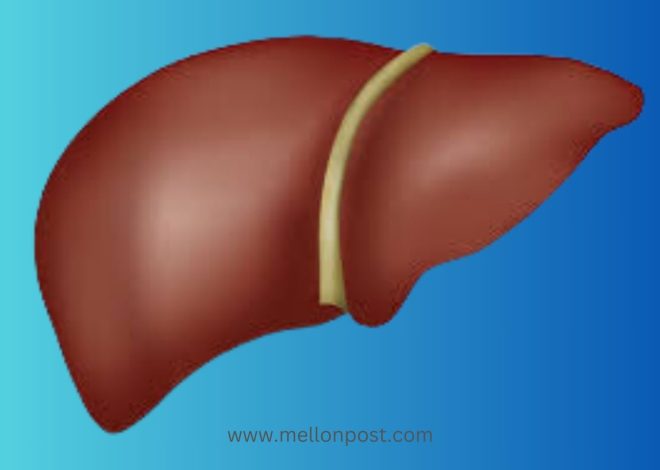
What is Diabetes Symptoms and Causes?
Table of Contents
Diabetes is a chronic condition that affects the way the body processes glucose, a type of sugar that is an important source of energy for the body’s cells.
Glucose is obtained from the foods we eat and is carried through the bloodstream to the cells, where it is used for energy.
In people with diabetes, the body either does not produce enough insulin (a hormone that helps regulate blood sugar levels) or does not effectively use the insulin it does produce.
As a result, glucose builds up in the bloodstream instead of being used by the cells, leading to high blood sugar levels.
Types of Diabetes

Type 1 diabetes
Type 1 diabetes also known as insulin-dependent diabetes, type 1 diabetes is an autoimmune disorder in which the body’s immune system attacks and destroys the cells that produce insulin.
As a result, people with type 1 diabetes do not produce insulin and must take insulin injections or use an insulin pump to control their blood sugar levels.
This type of diabetes usually develops in childhood or adolescence and requires lifelong insulin treatment.
Type 2 diabetes
The most common type of diabetes, type 2 diabetes occurs when the body does not produce enough insulin or does not effectively use the insulin it does produce. This can easily lead to high blood sugar levels in the body.
Type 2 diabetes is often linked to lifestyle factors such as being overweight or obese, having a sedentary lifestyle, and eating an unhealthy diet. It can also be caused by genetics and certain medical conditions.
This can often be managed through lifestyle changes, such as eating a healthy diet and exercising regularly. However, some people may also need to take medications to lower their blood sugar levels.
Gestational diabetes
Gestational diabetes is a form of diabetes that occurs during pregnancy and usually disappears after delivery. However, having had this case before, the woman is more likely to develop type 2 diabetes later in the future
It is caused by hormonal changes that occur during pregnancy and can increase the risk of complications for both the mother and the baby.
It’s important to note that these types of diabetes are not mutually exclusive and some people may have characteristics of more than one type. It’s also essential to see a healthcare provider for a proper diagnosis.
Also read: Liver Failure: Symptoms, Causes, and Treatment
Symptoms of diabetes
The symptoms of diabetes can vary depending on the type of diabetes and how well blood sugar levels are controlled. Some common symptoms that may indicate the presence of diabetes include
- Frequent urination: High blood sugar levels can cause the kidneys to work harder to filter the excess sugar from the bloodstream, leading to more frequent urination.
- Excessive thirst: As the body loses fluids through frequent urination, it can lead to excessive thirst as the body tries to replenish those fluids.
- Fatigue: Having high blood sugar levels can lead to a situation where the body’s ability to use glucose up for energy will be interfered with and this can lead to fatigue.
- Unexpected weight loss: This happens despite eating more to compensate for the loss of energy, the body may still lose weight as it is unable to use glucose for fuel.
- Blurred vision: High blood sugar levels can cause the lens of the eye to swell, leading to blurry vision.
- Slow-healing wounds: High blood sugar levels can affect the body’s ability to heal and fight off infections, leading to slow-healing wounds.
- Numbness or tingling in the hands and feet: High blood sugar levels can damage nerves, leading to numbness or tingling in the hands and feet.
I will like to note that these symptoms are not only related to diabetes, they can be caused by other conditions, so always check in with your doctor.
Causes of diabetes
There are several factors that can contribute to the development of diabetes, some of them include:
- Genetics: People with a family history of diabetes are more likely to develop the condition themselves. However, genetics is just one factor and lifestyle factors such as diet and exercise can also play a role in the development of diabetes.
- Lifestyle factors: Certain lifestyle habits can increase the risk of developing diabetes, including being overweight or obese, having a sedentary lifestyle, and eating an unhealthy diet high in refined carbs and sugar.
- Medical conditions: Certain medical conditions can increase the risk of diabetes, such as prediabetes (impaired fasting glucose or impaired glucose tolerance), polycystic ovary syndrome (PCOS), and pancreatitis.
It’s important to note that not everyone who has risk factors for diabetes will develop the condition. However, managing these risk factors can help reduce the likelihood of developing diabetes.
Diagnosis of diabetes

There are several tests and procedures that can be used to diagnose diabetes. They include
- Blood sugar level tests: These tests measure the amount of glucose in the blood and can be used to diagnose diabetes. There are several different blood sugar level tests, including the fasting plasma glucose test, the oral glucose tolerance test, and the random plasma glucose test.
- Hemoglobin A1C test: This test measures the average blood sugar level over the past 2-3 months by looking at the amount of sugar attached to the hemoglobin in red blood cells. An A1C level of 6.5% or higher on two separate occasions indicates diabetes.
- Other tests: Other tests that may be used to diagnose diabetes include the urine test for glucose and the oral glucose challenge test.
It’s important to note that a diagnosis of diabetes should not be based on a single test, but rather on a combination of test results. It’s also important to see a healthcare provider for a proper diagnosis.
Continue reading: 8 Causes Of Sleep Disorder And Their Remedies


